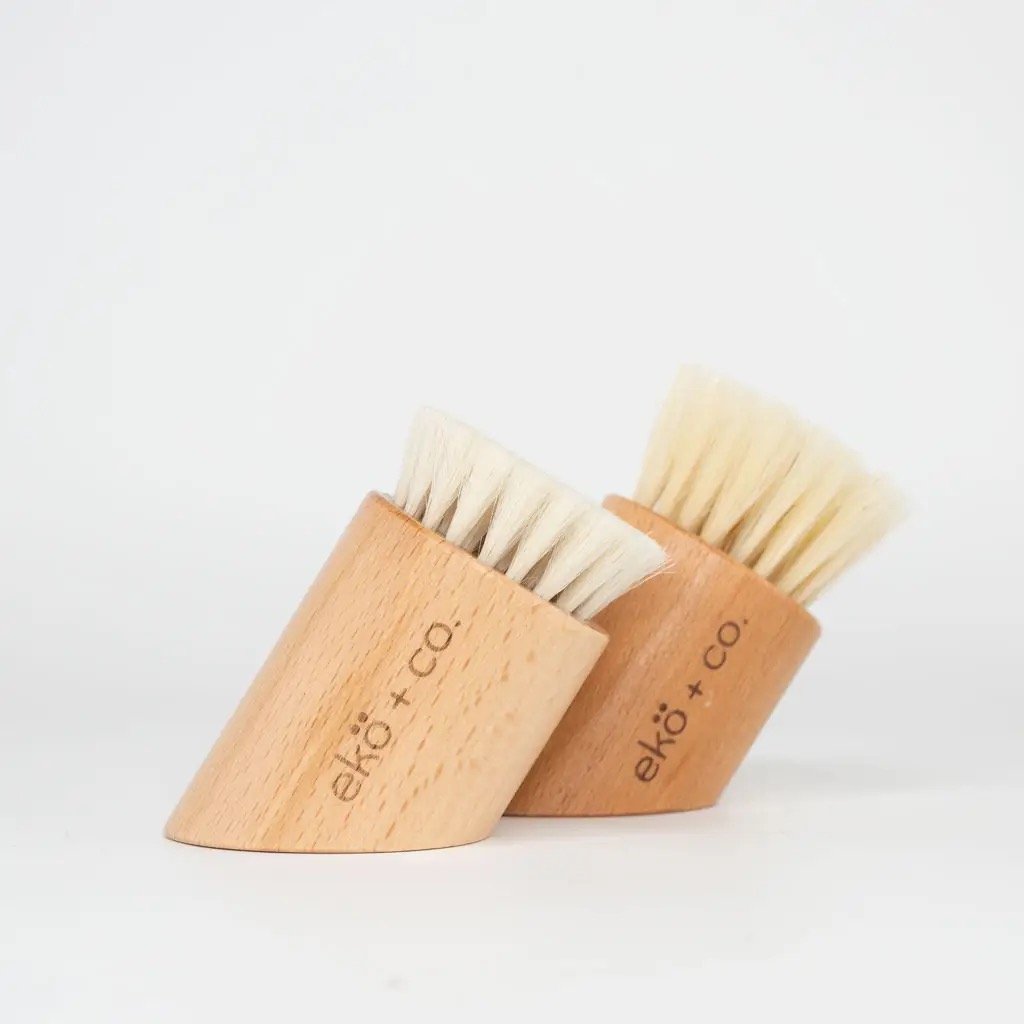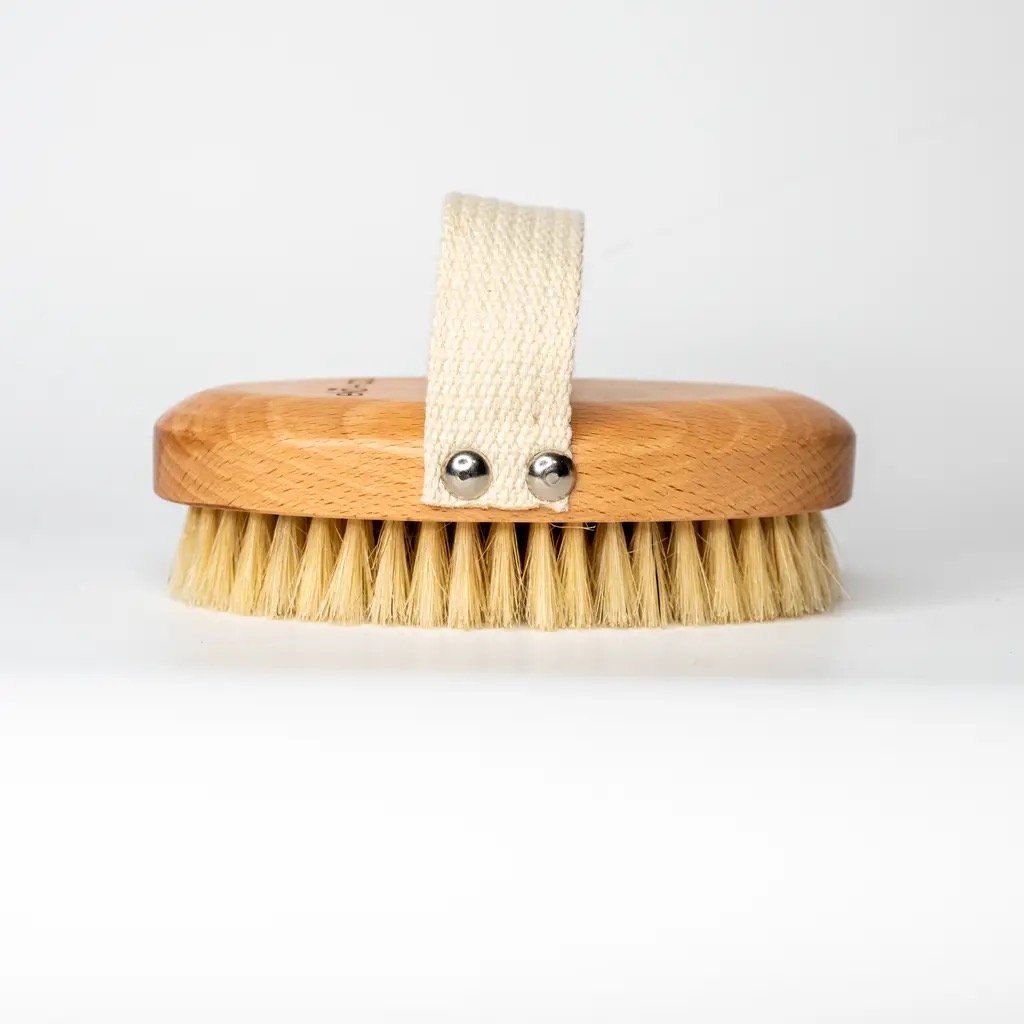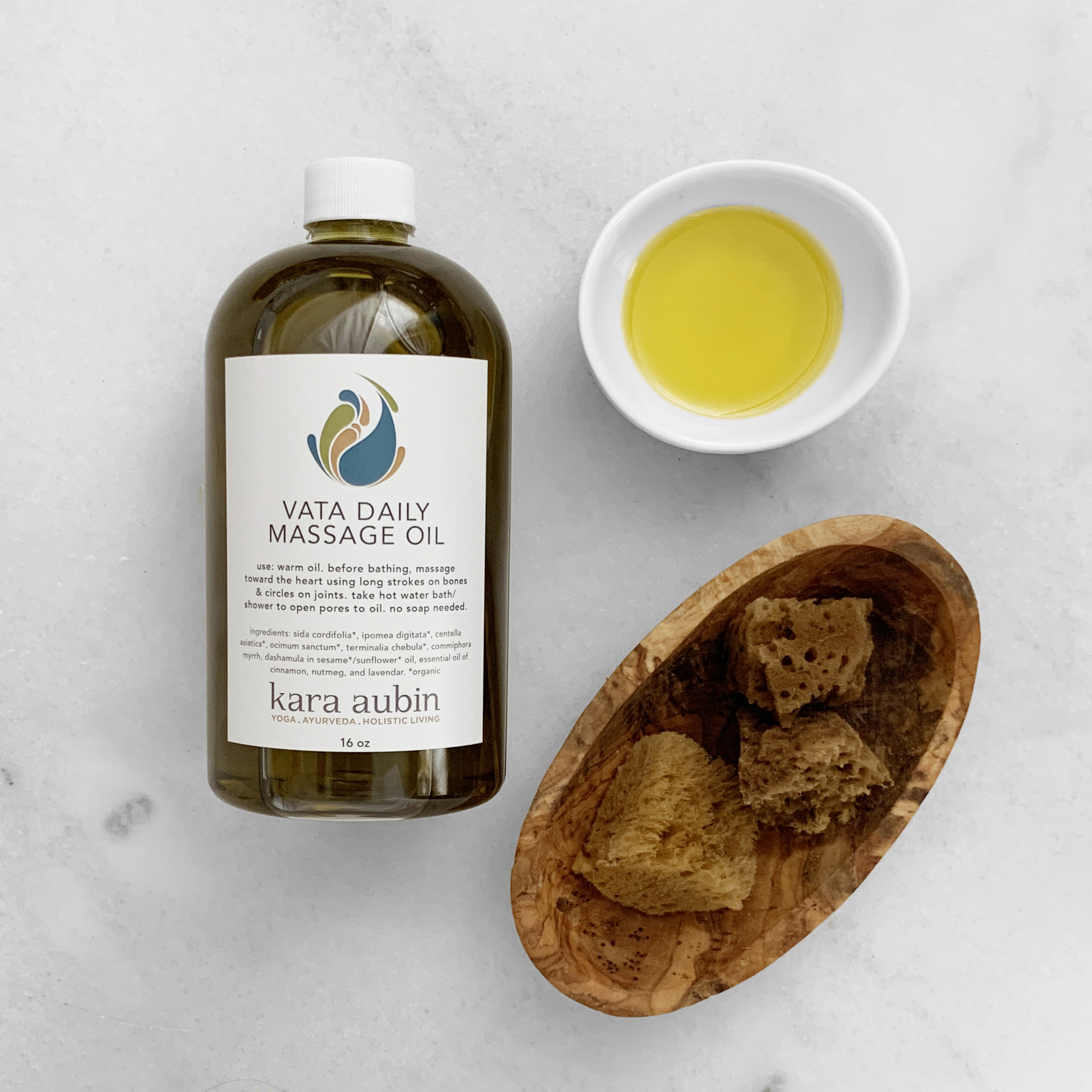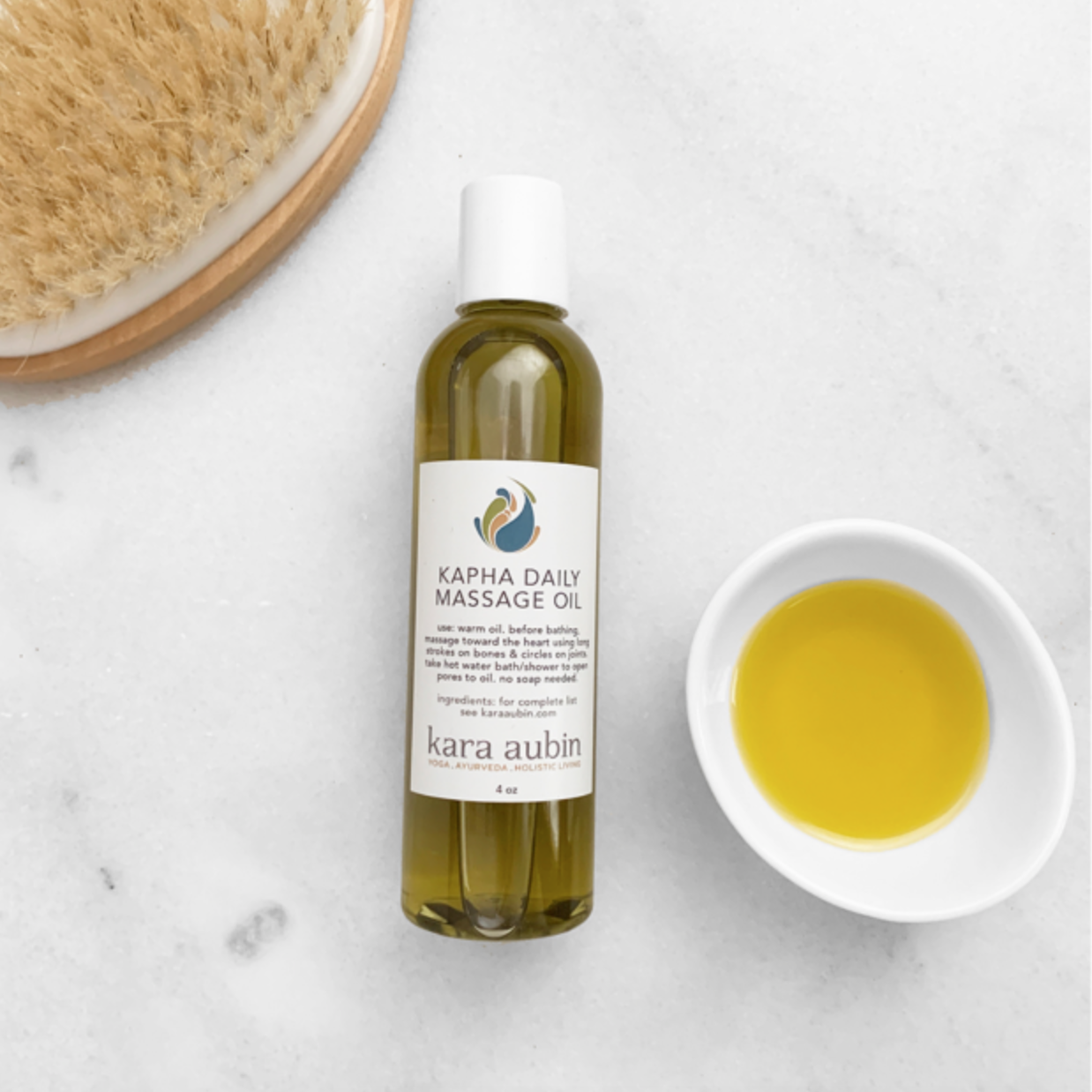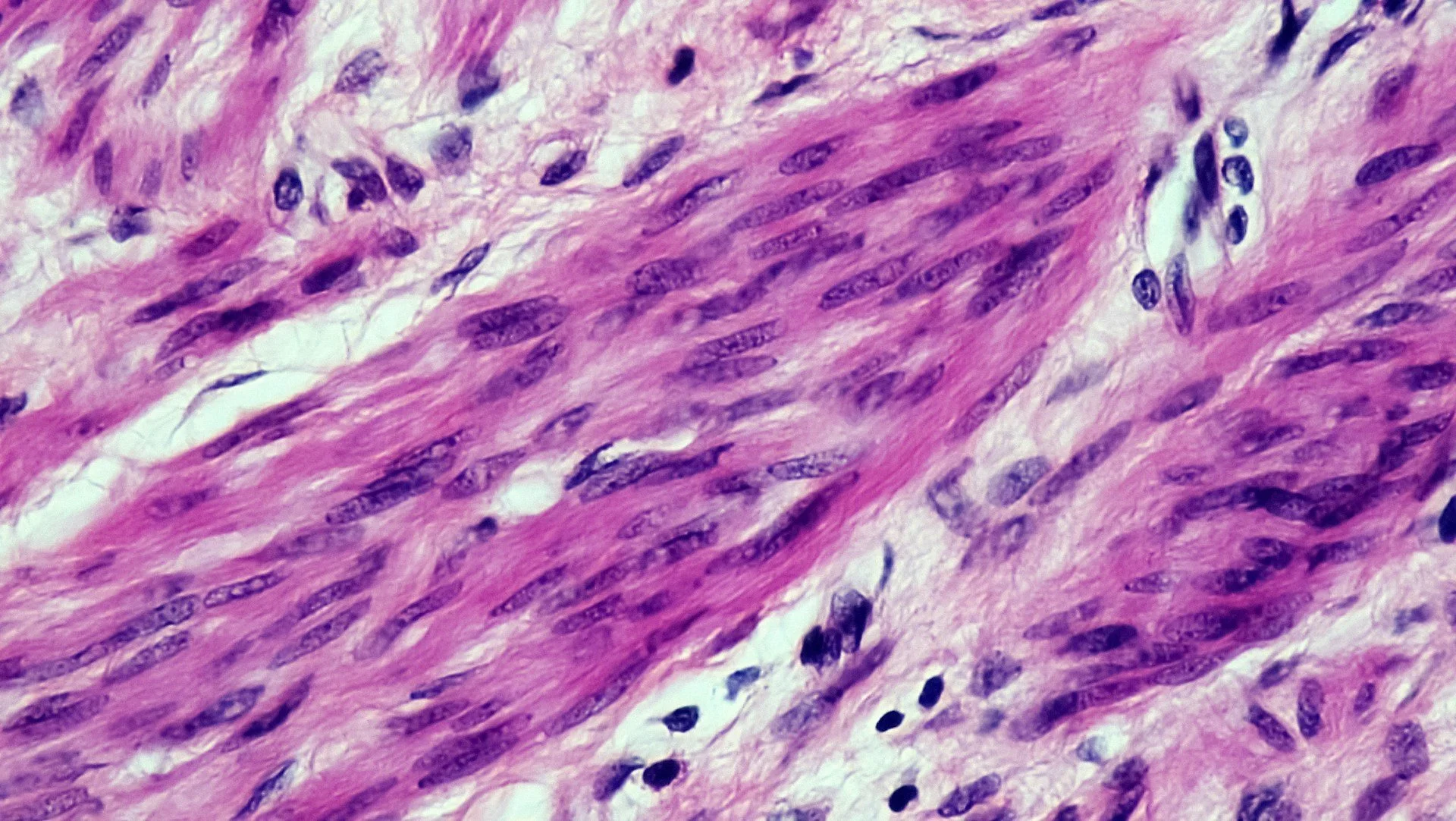abhyangha: a practice of self-love
an ancient ritual
Rituals are a great way to invoke the ancient wisdom of those who came before us, and to give ourselves the permission and the space to accept and embody the sacred. The ritual of daily routine, known as dinacharya, is a great way to infuse intentionality into your daily practices. One of those staple practices in Ayurveda is that of abhyangha.
I find it beautiful that the Sanskrit term for abhyangha is snehana, which translates to oleation, but also translates as love. Abhyangha is a practice that involves lovingly applying warm, medicated oil to oneself. It is effective in so many ways as we are applying the oil to the largest organ of the body; the skin. The daily practice of abhyangha gives us a space to open ourselves up to receiving the nourishment of the oil and to connect with your body and practice self-love.
Before performing abhyangha, it is important to select the appropriate doshic oil. Medicated doshic oils are infused with herbs to pacify a particular dosha. Vata oil is typically a base of sesame and sunflower oil and contains building herbs, while Pitta oil is formulated to cool and clear excess heat from the body. Likewise, Kapha oil is formulated to move water out of the body and help to create lightness and mobility.
who should practice abhyangha?
At it’s heart, Ayurveda recognizes that every living being is comprised of the five elements (ether, air, fire, water, and earth). Ayurveda also recognizes that every individual has their own unique constitution, and that each individual requires a unique approach in terms of dinacharya practices that would be most beneficial. While there are various practices, herbs, and treatments that can be applied on a more individual basis, abhyangha has a more universal application. Indications are dry, rough skin, an unfocused mind, worry, nervousness, anxiety, stress, constipation, cracking/popping joints, Vata disorders, Vata time of year, later stage of life, muscular issues, and insomnia.
While the reasons to practice abhyangha are many, there are some contraindications, which include fever, chills, cold, diarrhea, flu, moderate to severe indigestion, infected or open lesions, and blood clots or bleeding disorders.
how to do it
Supplies:
Natural bristle dry brush
1-2oz dosha appropriate oil
Oil warmer + tea light
Towel for the floor that you don’t mind getting oil on
Method:
This process should be done before bathing
Set an intention. move slowly, connect to your breath
Light your candle and get your oil warming in the oil warmer
Dry brush the body using long strokes on the long bones, and circular motions on the joints
Start at the extremities and work you way towards the heart, you’re moving lymph!
Brush the abdomen and chest, and back in broad, clockwise and counter-clockwise, circular strokes
Repeat the steps above, now massaging warm oil in using the same strokes
Leave oil on at least 7 minutes, but 20-30 minutes on days that you have time is. even more luxurious
After the oil has spent some time on the skin, take a hot shower or bath
Of note:
You may not want to oil your scalp every time as it requires extra shampooing, but it’s nice to do it once a week or so.
When you enter the tub/shower be careful, your feet may be slick
The oil will absorb as the steam opens the pores. you only need to use soap on areas of concern, otherwise the oil has cleansing properties and should be left on to nourish the skin
the benefits of abhyangha
“Oil massage should be performed regularly. It destroys aging, exhaustion, and vata.
It improves vision, nourishment, longevity, sleep, health of skin,
and makes the body strong.
”
The practice of abhyangha is particularly vata pacifying. The qualities, or gunas, of vata are rough, light, dry, subtle, mobile, and clear. The practice of abhyangha acts in opposition to each guna of Vata, making this a very effective way to combat stress, anxiety, and overwhelm. Abhyangha promotes longevity, joint health, and is moisturizing and cleansing. It also helps to balance the doshas, promote deep relaxation, and a peaceful mind. Regular practice will also balance doshas and help to contain energy in the body, enhancing energetic resilience.
from the apothecary
related posts
loved what you learned? feeling inspired? share this article with someone who would benefit!
you can also share via the social icons below.




